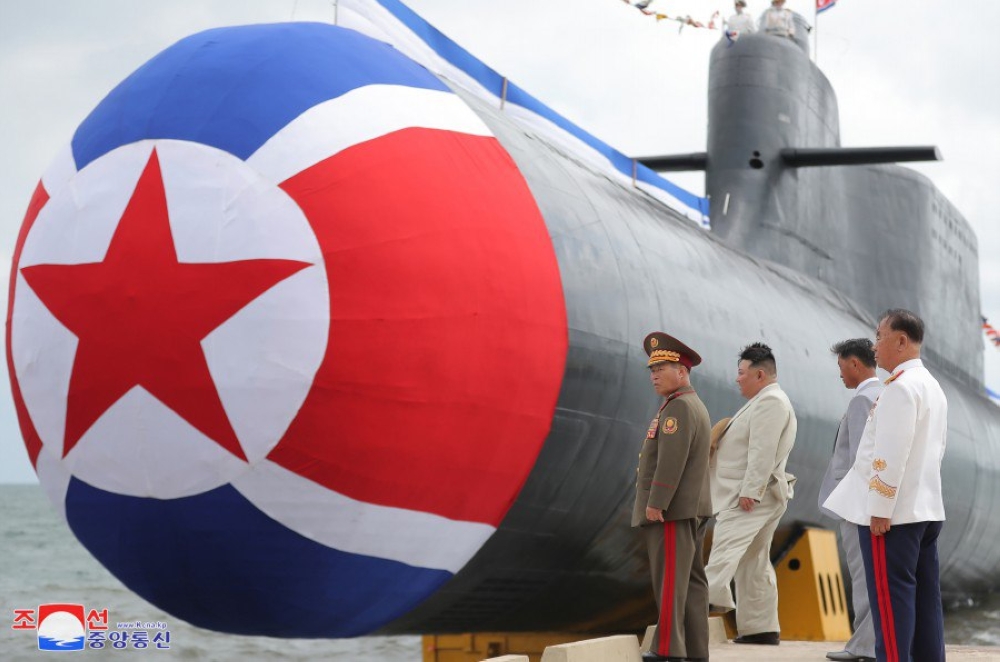North Korea has announced its rejection of the United States’ demand for nuclear disarmament, stating that its status as a nuclear state is permanently enshrined in its laws and is irreversible.
North Korea’s mission to the United Nations stated in a statement: “During a recent meeting of the International Atomic Energy Agency’s Board of Governors, the United States once again committed a serious political provocation by classifying our possession of nuclear weapons as illegal and demanding their removal.”
Rejection of “Atomic Energy” Intervention
The statement confirmed that North Korea’s status “permanently enshrined in the country’s highest and fundamental law as a nuclear state has become irreversible,” noting that Pyongyang has had no official relations with the International Atomic Energy Agency for over 30 years.
The statement added that the International Atomic Energy Agency “has neither the legal authority nor the moral justification to interfere in the internal affairs of a nuclear state existing outside the Nuclear Non-Proliferation Treaty.”
North Korea withdrew from the International Atomic Energy Agency in 1994 following disagreements over nuclear inspections, accusing Washington of using the agency to violate its sovereignty.
The statement said that Pyongyang “will oppose and strongly reject any attempt to change the current status of the Democratic People’s Republic of Korea, as a responsible and nuclear-armed state,” using the country’s official name.
Building Nuclear Forces
The statement comes following North Korean leader Kim Jong Un’s visit to weapons research facilities last week, where he said that Pyongyang “will propose a policy to advance the construction of both nuclear forces and conventional forces simultaneously.”
Since the failure of the 2019 summit with the United States on nuclear disarmament, North Korea has consistently emphasized that it will never abandon its nuclear weapons.






